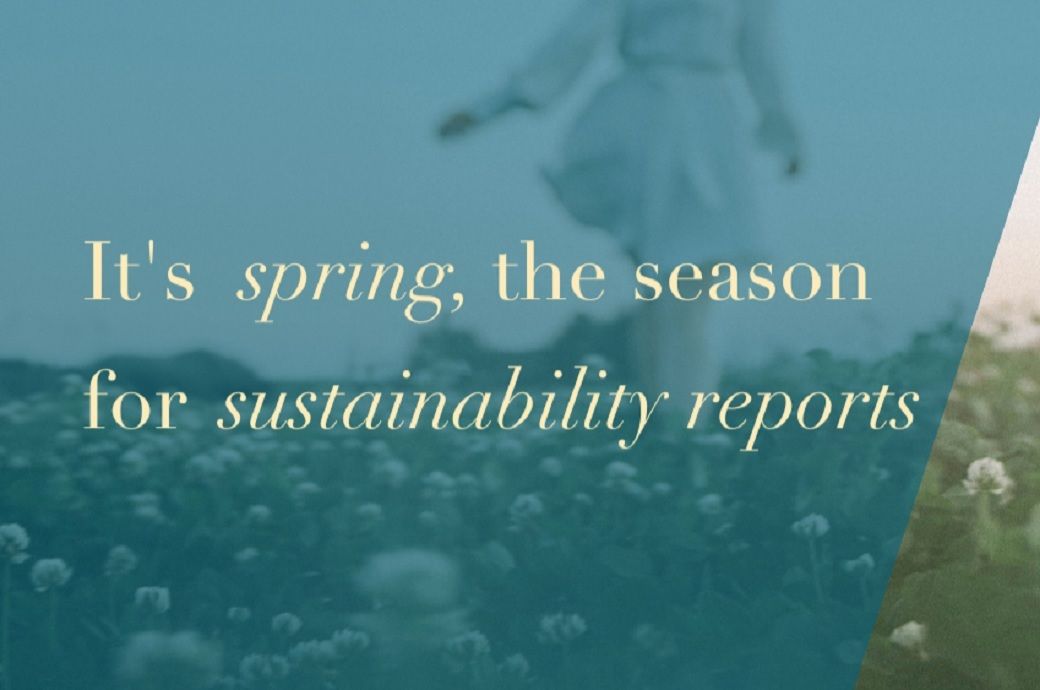
The evolution of sustainability reports has been notable. Initially focused more on marketing the brand's history and philosophy, these documents now delve deeper into corporate responsibility, reflecting the demands of an increasingly discerning audience. The United Nations Environment Programme has aided this transition, offering tools like "The Sustainable Fashion Communication Playbook" to enhance clarity in sustainability communication.
“Company sustainability reports are an excellent observational tool to understand how the concept of sustainability has evolved over the years. Until a few years ago, they were documents that devoted ample space to the history of the brand, the philosophy of the products, the well-being of employees, providing some data, but mostly from a marketing perspective. They have since been enriched with new aspects, in response to the demand for in-depth analysis on the subject of responsibility and to meet an increasingly demanding audience,” Gambi and Marchionni said in an article on the Global Fashion Agenda website.
However, the backdrop is challenging. The lingering economic effects of the COVID-19 pandemic, coupled with inflation and geopolitical uncertainty, have made consumers more cautious. This has impacted the fashion industry particularly hard, with 2023 witnessing a shift in consumer behaviour—shoppers are now prioritising value and alignment with their personal values over mere consumption.
Looking ahead, sustainability reports in 2024 are expected to focus heavily on CO2 reduction strategies to align with the fast-approaching deadlines of the Paris Agreement. Transparency in the supply chain is increasingly critical, with companies now expected to disclose their full upstream impact, including contributions from all production partners, the article further said.
Moreover, the spotlight on materials is brighter than ever. With numerous standards in the fashion industry, brands must be meticulous in verifying the sustainability credentials of the materials they use. The pressure to meet material and emission targets is intensified by potential new legislations and the growing consumer demand for products that are not only environmentally friendly but also ethically produced.
Fibre2Fashion News Desk (KD)